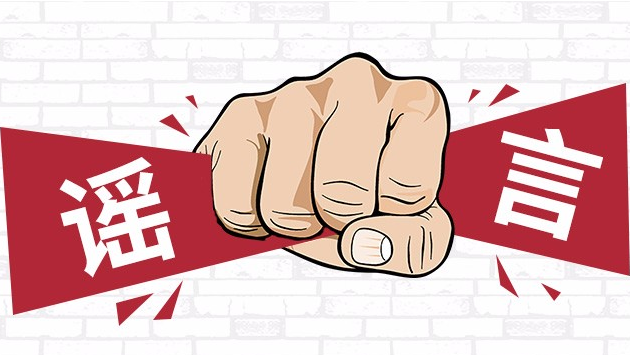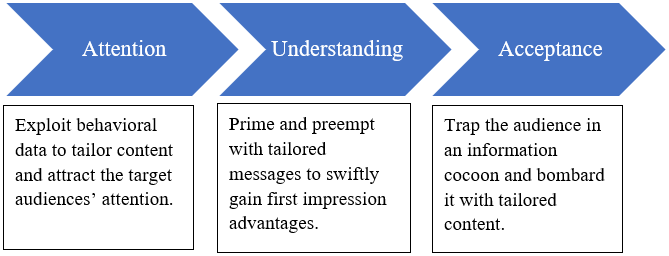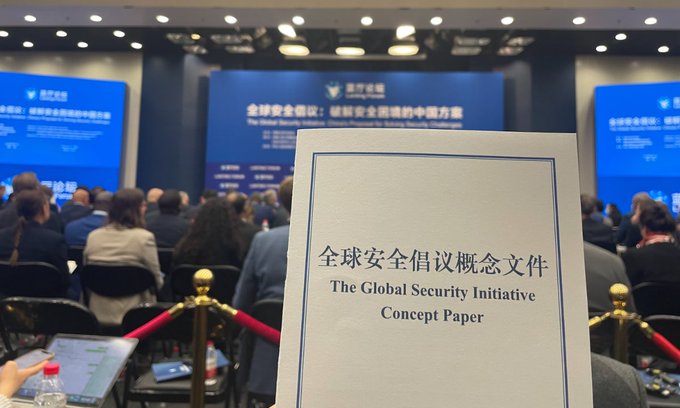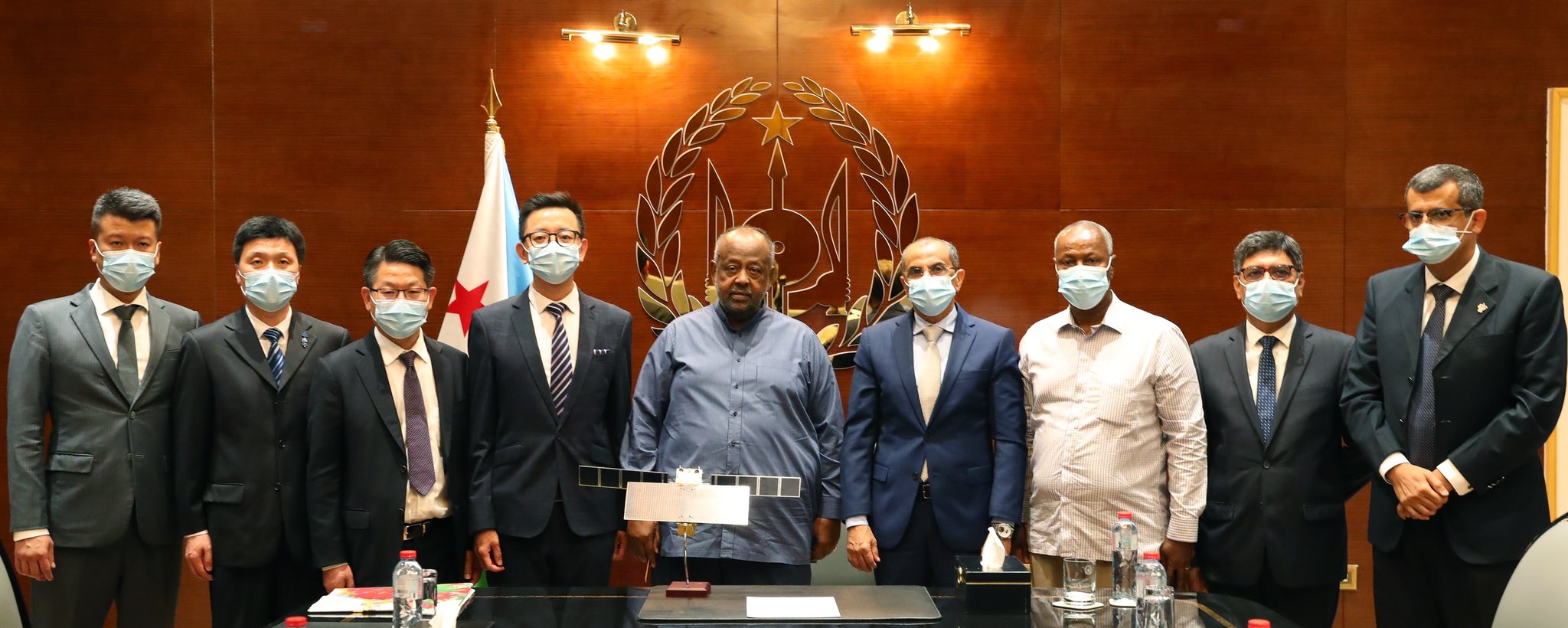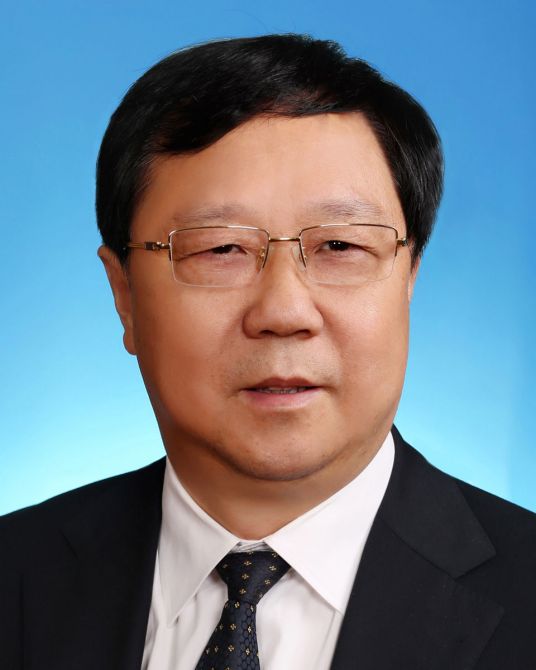![Hongdu GJ-11 Sharp Sword[RG1] (Chinese unmanned combat aerial vehicle).](https://hg2wordpressfmsostor01.z2.web.core.usgovcloudapi.net/OE Watch Issues/2023-06/Shrimpton-01-Hongdu-GJ-11-Sharp-Sword-Chinese-unmanned-combat-aerial-vehicle.jpeg)
Hongdu GJ-11 Sharp Sword [RG1] (Chinese unmanned combat aerial vehicle).
“The manned-unmanned combat team has rewritten the modern battlefield formation model, with manned platforms leading unmanned platforms to form an integrated combat team.”
Researchers with China’s Air Force Research Institute recently published an article in China’s PLA Daily outlining five trends in coordinating manned and unmanned battlefield operations. Except for the potential for clustered autonomous systems to increase battlefield uncertainty, the authors argue that recent efforts to divide labor between complementary manned and unmanned systems have provided more options for tactical configuration and combat synergy. The authors, Guo Yilun and Ma Quan assert there are three types of manned-unmanned platforms: 1) direct transmission of unmanned information for rear control, 2) interoperability between manned and unmanned platforms under limited control, and 3) completely controlled manned-unmanned platforms. As autonomous platforms continue to develop, the Chinese military will be able to combine manned and unmanned platforms into combat groups that will facilitate information processing, mission planning and decision-making, command distribution, and formation of operations to provide flexibility in constantly developing battlefield postures. A second benefit the authors believe will result from closer man-machine coordination is increased battlefield situational awareness. A real-time tactical “cloud” system will rapidly detect, process, and distribute requirements based on developing target data. Information from space platforms, sensors, and weapon systems in the land, sea, air, and space domains will be cross-verified and integrated into a unified framework that coordinates manned and unmanned data. Third, distributed command-and-control systems will be able to disaggregate computing, collection, and decision-making functions and assign sub-problems to collaborative manned-unmanned groups. Fourth, the authors argue that systems of higher autonomous control bring greater uncertainty in warfare; as such, autonomous systems should be classified by the degree to which they are integrated with manned systems. The authors suggest four levels of autonomy: non-autonomy, single-machine autonomy, multi-machine autonomy, and clustered autonomy. Finally, the authors assert that further integrating unmanned systems will save more than 60 percent the cost of manned operations and double their effectiveness.
Source:
郭一伦 (Guo Yilun) and 马权 (Ma Quan), “撬动战争形态衍变的新支点 (Prying a New Lever in Evolving Warfare Patterns),” PLA Dailv (PLA-owned media), 27 April 2023. http://www.81.cn/bz_208549/10165050.html
In the face of future intelligent battlefield environments, the use of a large number of intelligent, unmanned weapons and equipment will reshape battlefield combat force systems. Manned/unmanned combat forces will be flexibly organized as needed, and can be combined into different types and sizes of combat groups, which can be linked for information fusion processing, mission planning and decision-making, command distribution, and formation operations according to combat tasks and battlefield posture.
Image: Hongdu GJ-11 Sharp Sword[RG1] (Chinese unmanned combat aerial vehicle).
Source: https://en.wikipedia.org/wiki/Hongdu_GJ-11#/media/File:Gongji-11_20221020.jpg
Attribution: CC BY-SA 4.0

